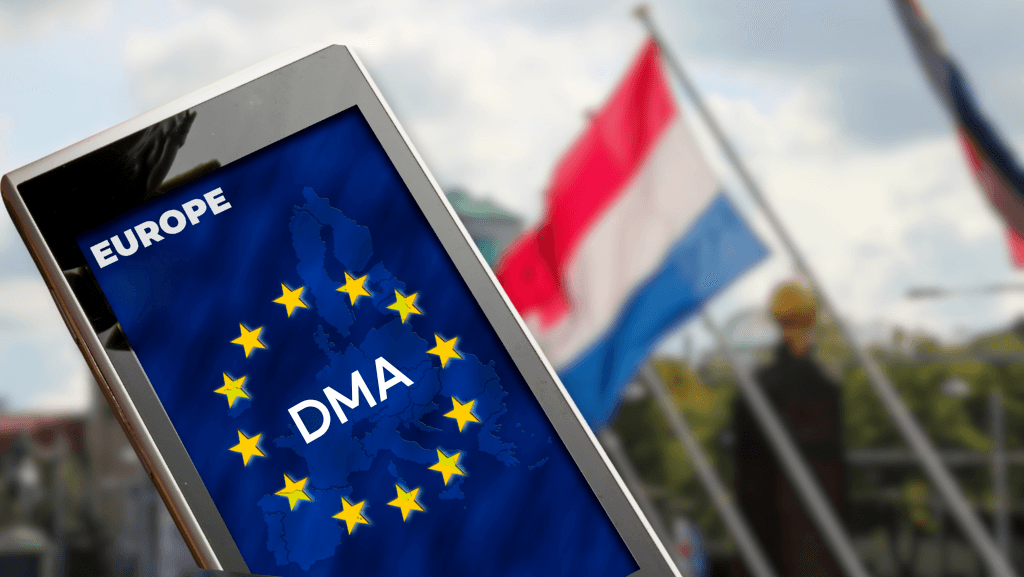
The Netherlands Emerges as a Hub for Digital Markets Act Enforcement
The Netherlands Strengthens Its Position as a Key Jurisdiction for Digital Markets Act Enforcement
The Digital Markets Act (DMA), a landmark regulation by the European Union aimed at curbing the dominance of major gatekeeper platforms, is opening new avenues for private enforcement across member states. Legal experts highlight the Netherlands as a particularly favourable jurisdiction for such actions, owing to its robust legal infrastructure and proactive regulatory stance.
Favourable Legal Framework in the Netherlands
The Dutch legal system is renowned for its efficiency and claimant-friendly procedures, making it an attractive venue for businesses seeking redress under the DMA. The country's courts are well-equipped to handle complex competition law cases, and recent legislative developments have further streamlined the process for private parties to initiate actions against non-compliant gatekeepers.
Notably, the Dutch government is considering amendments to its Code of Civil Procedure to enhance cooperation between national courts and the European Commission, facilitating smoother adjudication of DMA-related disputes.
Expert Commentary
Sunil Ambalavelil, Chairman of Kaden Boriss and a highly regarded lawyer in Dubai, commented on the development:
“The Netherlands' approach to enforcing the Digital Markets Act makes it a promising model for effective compliance. This sends a clear message to digital gatekeepers: Non-compliance won’t go unnoticed.”
Active Role of the Netherlands Authority for Consumers and Markets (ACM)
The ACM has been instrumental in enforcing competition laws in digital markets and is expected to play a significant role in the oversight of DMA compliance. The authority is preparing to monitor gatekeeper conduct actively and has the power to initiate investigations into potential violations.
Furthermore, the ACM's collaboration with the European Commission ensures that national enforcement efforts are aligned with broader EU objectives, enhancing the effectiveness of private enforcement mechanisms.
Collective Action Mechanisms Bolster Enforcement
The Netherlands' well-established system for collective actions provides an additional layer of support for private enforcement of the DMA. Organisations like the Consumer Competition Claims Foundation have successfully leveraged these mechanisms in the past, and similar strategies are anticipated to be employed in the context of DMA violations.
Implications for Gatekeepers and Businesses
As the DMA's provisions come into full effect, gatekeepers operating within the EU must ensure strict compliance to avoid potential litigation.
Businesses affected by anti-competitive practices now have a viable path to seek remedies through the Dutch legal system, which is poised to become a central hub for DMA-related disputes.
Key Takeaways
-
The Netherlands is emerging as a prime jurisdiction for private enforcement of the Digital Markets Act (DMA), thanks to its efficient and claimant-friendly legal framework.
-
Recent amendments to the Dutch Code of Civil Procedure aim to facilitate smoother cooperation with the European Commission, enabling more effective DMA-related litigation.
-
The Netherlands Authority for Consumers and Markets (ACM) is expected to play an active role in monitoring gatekeeper compliance and initiating investigations.
-
The country's collective action mechanisms strengthen the ability of private parties and consumer groups to pursue claims against non-compliant digital platforms.
-
Gatekeepers operating in the EU digital ecosystem must now closely align their practices with DMA requirements or risk litigation within Dutch courts.
For any enquiries or information, contact info@thelawreporters.com or call us on +971 52 644 3004. Follow The Law Reporters on WhatsApp Channels.